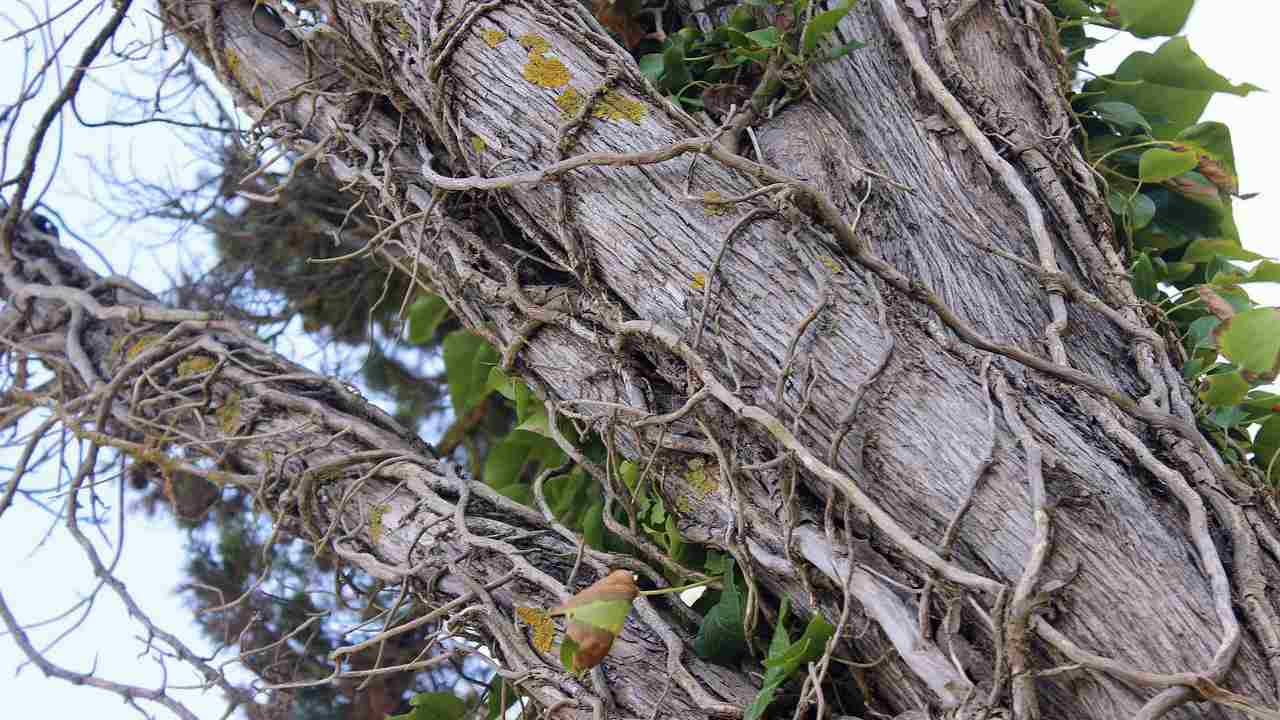Scientists have discovered that due to the climate crisis, lianas — parasitic vines which are common in tropical areas and rainforests around the world are growing more than ever.
These vines are an important part of many rainforest ecosystems, but they can slow trees’ growth as they cover the forest and compete with trees for light.
According to the authors of the report, if these rainforests see a significant increase in the abundance of vines, it could change the fundamental nature of the ecosystem, including its ability to store carbon.
Bill Lawrence, ecologist and research author at James Cook University in Australia, said, “When you have a forest that’s got a lot of vines, it typically has smaller trees, and fewer surviving trees, and it will store considerably less carbon.”
The study examines plant reproduction over a 15-year period in a rainforest in Queensland, Australia, focusing on how the climate crisis may affect reproduction. The findings were published this month in Frontiers in Forests and Global Change.
The study found that while, in general, the fruiting and flowering activity of vines increases over time, both reproductive activities may signify increased growth. Higher levels of fruit and flower were associated with higher temperatures, and higher levels of flowering were associated with fewer rains.
Rainforests, like in Australia, are important to both global biodiversity and the planet’s climate, home to millions of different species and storing tonnes and tonnes of carbon in soil and plants that would otherwise warm the atmosphere.
However, if the vines continue to grow alongside the climate crisis, more trees could die and the forest could be damaged. It could end up with fewer resources for some of the local wildlife that depends on trees, added the study.





























